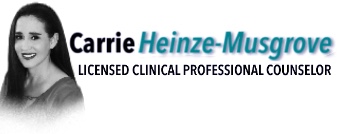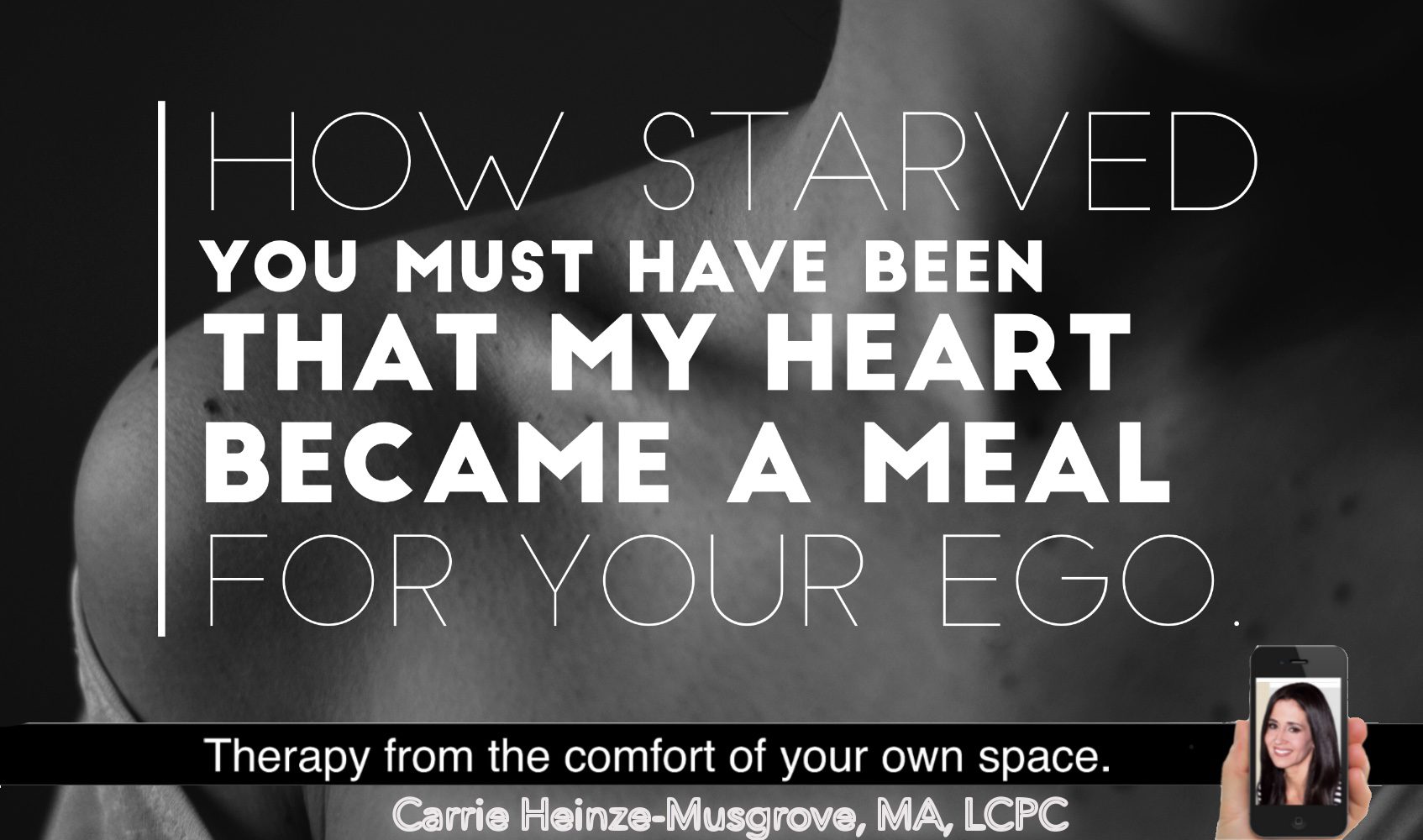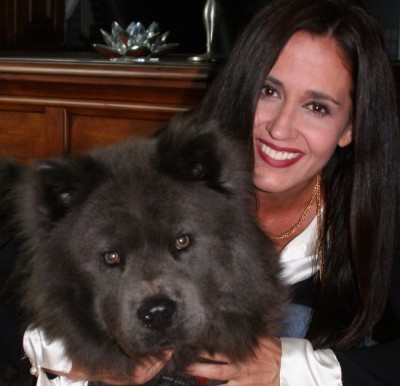Self-esteem and self-worth are driven by how much you value yourself. Your ego, on the other hand, is driven by how much you value what others think of you. External forces such as wants, needs and comparing yourself to others drive your ego. Internal forces such as passion and visions drive self-esteem.
The ego needs to be validated at all costs in order to survive. A sense of impending doom causes ego to put a death grip on who it thinks you are. The ego’s purpose is to make you feel right and important in everything that you do.
Your ego needs to be right. It’s your ego that is angry with a loved one. Your ego fears rejection. Your ego brings up the past. Your ego creates jealousy. Your ego feels the need to impress.
Underlying those with big egos is simply a lack of self-confidence and self-love. People with big egos are often insecure and attempt to cover up those insecurities by pretending to be more important or better than everyone else. Also, those with poorly developed egos exhibit perfectionism, overbearing or pessimistic attitudes and narcissism.
Egos left unchecked can ruin marriages, friendships, relationships, and drive wedges between family members. The ego spoils many relationships by resorting to passive-aggressiveness, arguing, fighting, bringing up the past, sarcasm, put-downs, resistance, intolerance, blame, resentment and self-doubt.
It feels logical to the ego to destroy the other person’s self-esteem by accusing them of being wrong. But the truth is that in your ego’s attempt to protect yourself, you are severely damaging relationships.
If you can’t learn to put your ego aside, you’ll continue to have unsuccessful, destructive and unhappy relationships. Therapy can teach how to gain control of your ego or heal from being the target of a bruised ego.
Carrie






